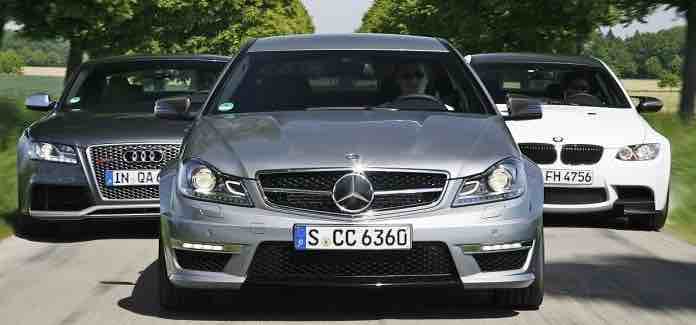By Dan Calabrese ——Bio and Archives--June 21, 2018
American Politics, News | CFP Comments | Reader Friendly | Subscribe | Email Us
 This particular columnist has not been a fan of the Trump Administration’s trade policies, believing them to be the needless picking of a fight over something that doesn’t produce the economic impact the president thinks it does. The one potential saving grace of a tariff war, theoretically, could be that it incentivizes other nations to come to the table and work out a deal that steeply lowers or even eliminates tariffs altogether.
This particular columnist has not been a fan of the Trump Administration’s trade policies, believing them to be the needless picking of a fight over something that doesn’t produce the economic impact the president thinks it does. The one potential saving grace of a tariff war, theoretically, could be that it incentivizes other nations to come to the table and work out a deal that steeply lowers or even eliminates tariffs altogether.The U.S. ambassador to Germany, Richard Grenell, brought the proposal for a broader industry trade pact to the Trump administration on Wednesday, according to people familiar with the situation. That would mean scrapping the EU’s 10% tax on auto imports from the U.S. and other countries and the 2.5% duty on auto imports in the U.S. As a prerequisite, the Europeans want President Donald Trump’s threat of imposing a 25% border tax on European auto imports off the table. Over the past few weeks, Mr. Grenell has held closed-door meetings with the chiefs of all major German automotive companies, including bilateral meetings with the CEOs ofDaimler AG , BMW AG and Volkswagen AG , which operate plants in the U.S. Overall, Germany’s auto makers and suppliers provide 116,500 jobs in the U.S., according to the Association of German Automotive Manufacturers. During these talks, which the ambassador initiated, the managers said they would back the scrapping of all import tariffs on trans-Atlantic trade in automotive products as the keystone of a broader deal covering industrial goods. The German government is on board and Mr. Grenell promised to support the idea, according to U.S. and German officials.
View Comments
Dan Calabrese’s column is distributed by HermanCain.com, which can be found at HermanCain
Follow all of Dan’s work, including his series of Christian spiritual warfare novels, by liking his page on Facebook.